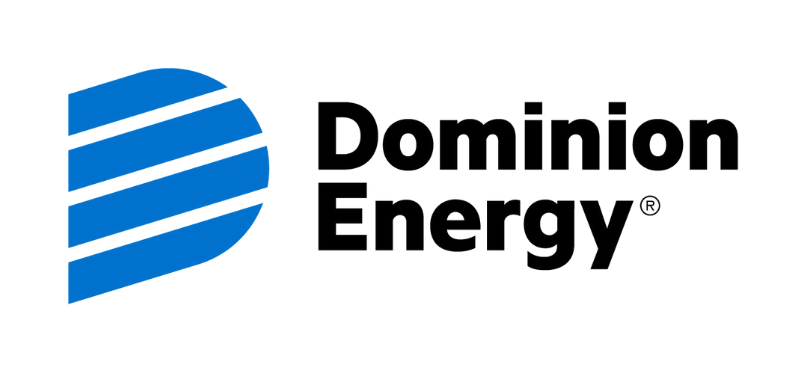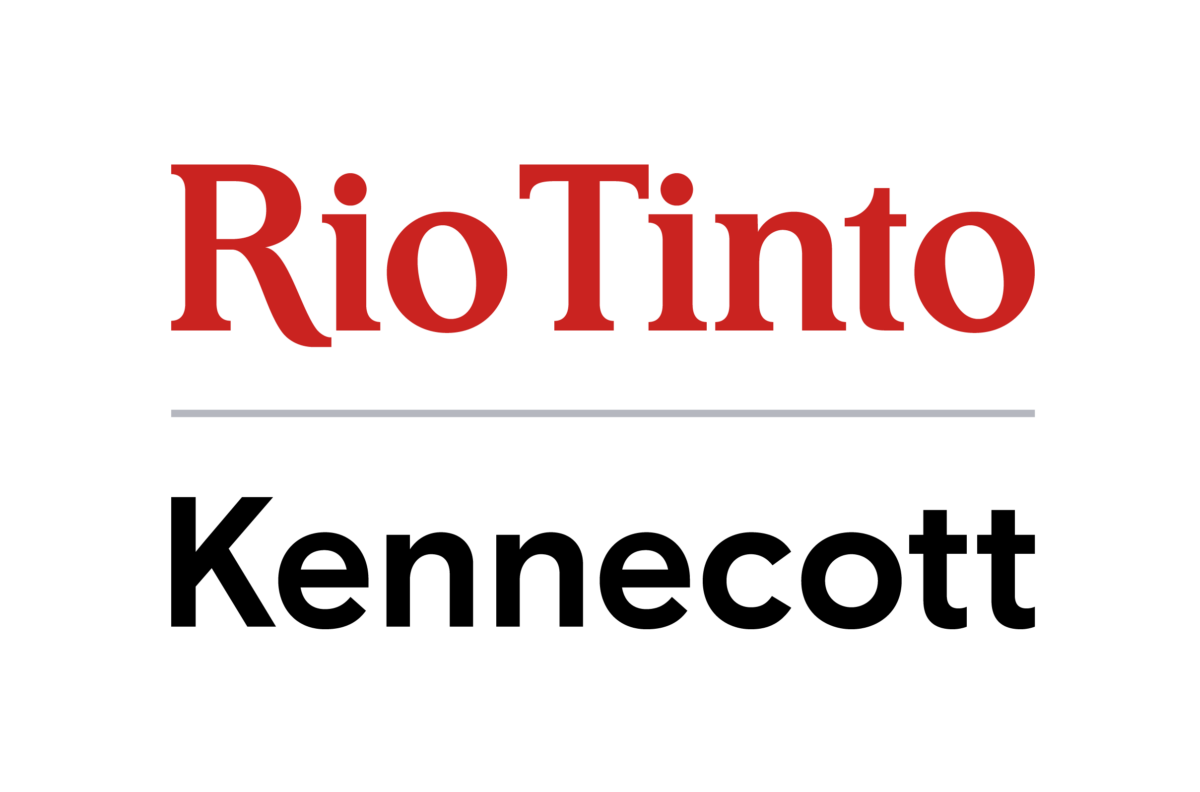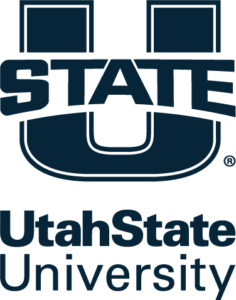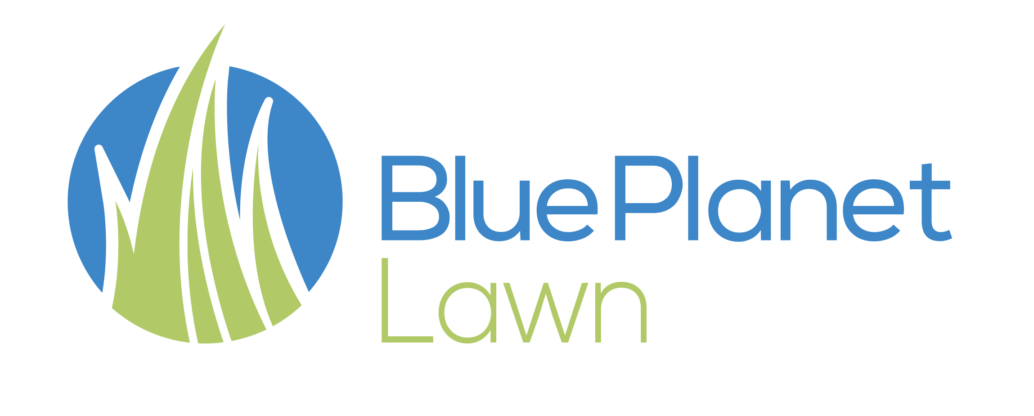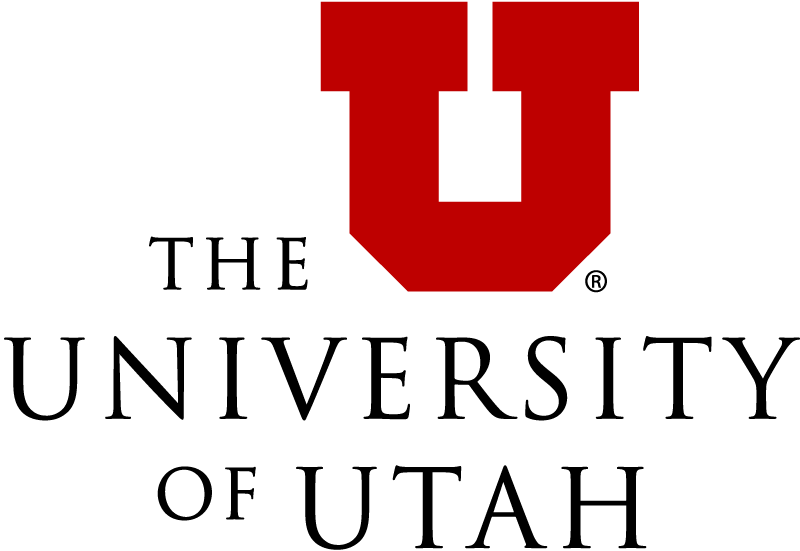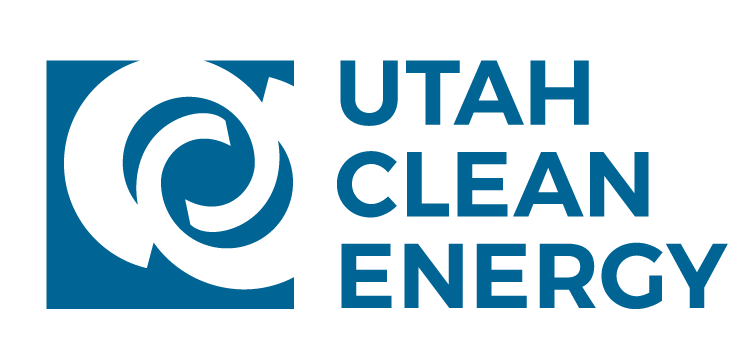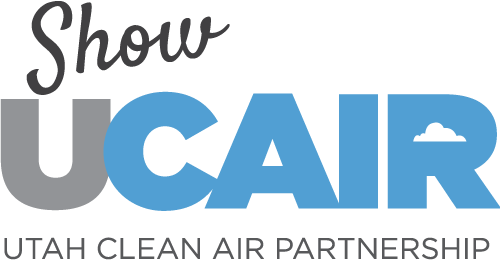We are excited to announce the six organizations and projects selected by the UCAIR Grants Committee to receive a 2023-2024 UCAIR Grant! Of the many strong applications we received this year, the chosen recipients presented projects that align with our most immediate air quality goals. We are confident that these projects will further UCAIR’s mission by reducing emissions from a variety of sources across the state.
The sponsors of this year’s grant program, Dominion Energy and Rio Tinto Kennecott, are proud to express their support of this diverse portfolio of projects.
“Clean air is a priority to all of us who work and live in Utah. We’re proud to be a part of the air quality solution in partnership with UCAIR and recognize the work that went into this year’s grant applications to transform processes, equipment, and buildings. Each project will move us closer to our air quality goals in the state,” said Jenny Esker Evans, Rio Tinto Kennecott Principal Advisor – Air Quality and UCAIR Board Member.
“We are excited to support the 2023-2024 UCAIR Grant program and commend UCAIR for their dedication and focus on recognizing and funding new and innovative ways to achieve cleaner air in the state,” said Judd Cook, Vice-President and General Manager of Dominion Energy Utah. “Improving air quality for the state of Utah is a goal that we all share, and we are proud to help further the work by providing support for these outstanding applicants.”
Thanks to the support of these sponsors, UCAIR was able to award a total of $116,500 in grant funds to the following organizations. We look forward to partnering closely with the recipients throughout the upcoming year to ensure successful outcomes and realized impacts of their important and exciting clean-air projects!
Utah State University Center for Community Engagement
Electric Cargo Van for USU Gleaning, Food Recovery, and Bicycle and Textile Repair & Reuse
Utah State University’s Center for Community Engagement (USU CCE) is taking significant strides in reducing both emissions and waste through its community-based programs, which include the Gleaning Team, the Urban Community Farm, Aggie Blue Bikes, and True Blue Reuse & Repair. Currently, these programs utilize a rented diesel truck to divert unused food, textiles, and bicycles from the landfill and redistribute them to the local community. With the UCAIR Grant, the USU CCE plans to purchase an electric cargo van, which will allow for an expansion of the programs and a major reduction in these programs’ transportation emissions. This project also has a twofold impact by targeting additional landfill emissions and providing community members with bikes to participate in active transportation.
Blue Planet Lawn
ZERO EMISSION Lawn Care for Commercial Customers
Blue Planet Lawn is working to address the percentage of Utah’s emissions from gas-powered lawn tools. The company offers zero-emission, solar-powered lawn care services, and they are working to grow the capacity to better commercial clients. With a larger client base, Blue Planet Lawn aims to increase the overall visibility, availability, and perceived viability of electric lawn care powered by renewable energy. With the UCAIR Grant, Blue Planet Lawn plans to build mobile solar power stations and add to its fleet of battery-powered lawn tools, securing all-day power for clients with larger lawns. Blue Planet Lawn also provides a youth entrepreneurship program, fostering an ongoing generation of emissions-free lawn service providers.
TBL Fund
Financing Clean Energy in Utah's Multifamily Affordable Housing
University of Utah, Facilities
Electric Test Cart Project
To achieve its goal of carbon neutrality by 2040, the University of Utah (the U) is implementing an integrated, campus-wide approach to environmental sustainability and lowering its share of local emissions. One significant source of emissions on the U’s campus is the fleet of 50+ diesel-powered utility carts used daily by the Facilities team. These carts burned through over 3,300 gallons of diesel fuel in 2022! The Electric Test Cart Project aims to challenge and change perceptions of electric vehicles’ efficacy by introducing a test electric utility cart to the current fleet. This test cart will undergo rigorous trials across various campus operations, demonstrating its practicality to any skeptical users. The project is designed to not only make an immediate impact by reducing emissions but also catalyze a broader shift to electric vehicles at the U.
Utah Clean Energy
Multifamily EV Readiness for Utah Communities
Utah Clean Energy is a nonprofit organization committed to making clean energy more accessible and affordable. Their project addresses the equitable adoption of electric vehicles (EVs) in Utah, aiming to expand access to EV charging infrastructure in multifamily housing. As EVs become more widely available and multifamily units continue to be built, Utah Clean Energy is working to ensure that renters have the same opportunities for EV ownership as homeowners. With the UCAIR Grant, Utah Clean Energy will deliver technical assistance to several collaborating municipalities to assist them in developing EV readiness ordinances. The team at Utah Clean Energy has a successful track record in assisting with these ordinances, including Salt Lake City’s ordinance, which was passed this year and requires that 20% of required parking spaces in new multifamily housing be EV-ready.
Utah State University Bastian Agricultural Center
Tough Enough to Go Electric in Ag
Utah State University (USU) is working to transform the South Jordan Equestrian Center into the Bastian Agricultural Center, a 120-acre facility focused on agricultural literacy and appreciation of the natural world. A plan has been developed to replace the current horse race track with an arboretum, which will introduce over 200 trees to the space to absorb CO2. Another 16 acres of grassy, open landscape will be maintained to allow the Bastian Center to serve as a venue for large events. With the UCAIR Grant, USU plans to replace some of the gas-powered mowers, trimmers, leaf blowers, and snow blowers used to maintain this space with battery-powered alternatives. Signage will also be added around the Bastian Center, promoting the switch to cleaner equipment and showcasing the significant impact on emissions. These signs along with the new equipment will gain the audience of 4-H Clubs, camps, field trips, and other guests at the over 500 events held at the Bastian Center annually.
Special thanks to the sponsors of this year's grant program:
